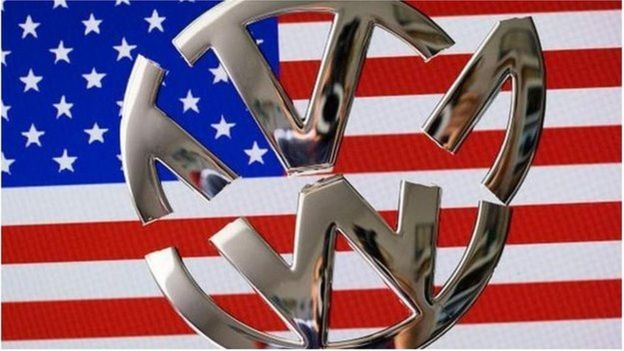‘Dieselgate‘, otherwise known as the ‘Volkswagen Emission Scandal’ was an issue surrounding the vehicle manufacturer cheating emissions tests in the United States. The scandal came across when VW was discovered and accused by many outlets of fitting up to eleven million vehicles with a so called ‘defeat device’ – a device which manipulates results when the vehicle is conducting emission tests. In the US in particular, some diesel powered VW vehicles were noted to be producing pollutants 40 times greater than that is allowed.
On the subject of business ethics, which can be defined as ‘a form of applied ethics or professional ethics that examines ethical principles and moral or ethical problems that arise in a business environment’ (source), many would agree that the decisions taken by VW leading up to this point resulted in the company making decisions that would be considered unethical.
Simply put, VW had lied to it’s massive consumer base, immorally selling products to over eleven million customers. VW as a company jointly chose to practice in an unethical act to cheaply make their way through strict regulations.
Once discovered of the dishonesty, the boss of VW America came clean to the public by issuing the statement; ‘We’ve totally screwed up,’ while the group’s chief executive at the time, Martin Winterkorn, said his company had ‘broken the trust of our customers and the public’.
An interesting subject of the previous statement is the breaking of trust. When discussing ethics, the idea of morals play a large role. VW as a company neglected regulations with the intentions of making financial gain rather than honoring the moral obligation. Subsequently, this led to the company recalling vehicles costing the company €6.7bn to cover costs and posting its first quarterly loss in 15 years of €2.5bn last October.
It is important in business to remember The Golden Rule, ‘Treat others as you would want to be treated,’ especially when discussing business ethics, as in following this rule, business’ build reputations, improve customer experiences, and create satisfied workforces. Maintaining this simple mindset allows not only for ethics to be maintained, but also for a better business to be created. In VW’s case, such policies were not maintained – leading to a lack of ethical responsibility, and subsequently a massive downfall in VW’s reputation.
Word count: 379
